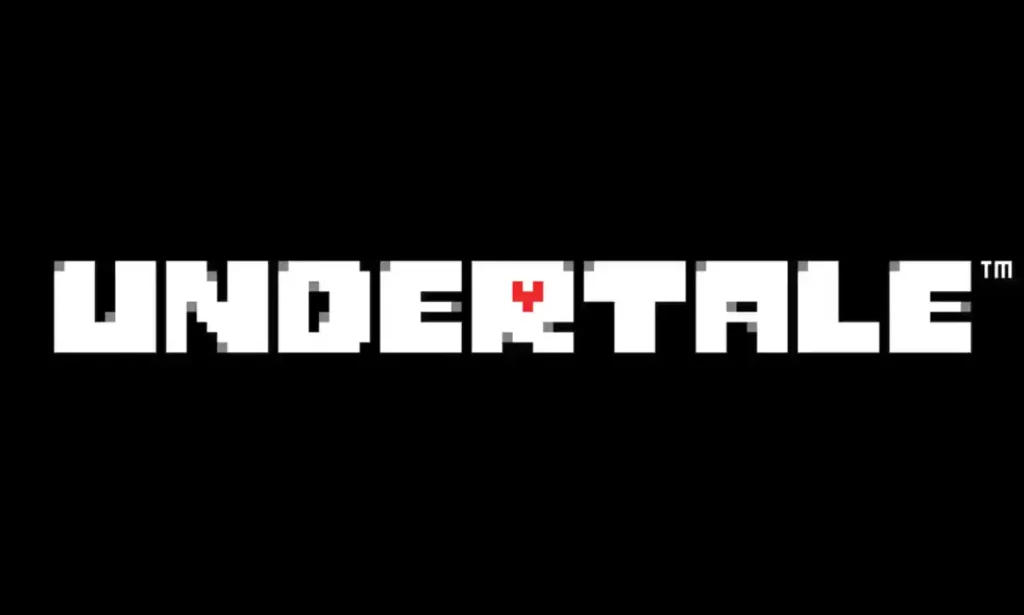
What are we willing to relinquish in order to get what we want? Who will be affected, and is there a way to redeem ourselves? These are the questions asked by an anxious–but compassionate–witness of the completed genocide alternative ending in Undertale. Yes, I said alternative; you have the choice to be the scum of the Earth and kill everything that moves.
Undertale is unlike any “choose your own adventure” game because it will keep track of your progress–especially when carrying out the genocide route. Towns in the game are deserted, minor characters you once could talk to to get a good laugh vanish. Even the text that describes the environment or the “inner monologue” of the character changes, stating merely the amount of monsters that need to be eliminated in the given area.
While the lack of exposure to the little details in Undertale is unfortunate, it’s the dialogue and past associations (that is, if the pacifist route was completed before the genocide route) with the main characters that makes the genocide route more immoral. Arguably the most poignant deaths are of Toriel, Papyrus, and Sans.
Toriel is the first boss a player encounters, and she functions as a material figure. Encouraging you to solve puzzles and work around fighting characters in the Ruins, Toriel also doesn’t want the character to progress into the Underground and thereby is the most concentrated form of pacifism in the game. These characteristics are even more resonant when the genocide route is played, because she is the first character–the first connection–that is severed completely.
At the beginning of the battle, she says, “Every human that falls down here meets the same fate. I have seen it again and again. They come. They leave. They die. You naive child” to demonstrate her overly protective tendencies. There’s a sense of dread when hearing those lines and, especially if you’re going into the battle with the intention of completing the genocide route, the end sequence before she vanishes after dying in one hits hard. She interjects “Y…you… really hate me that much? Now I see who I was protecting by keeping you here. Not you… But them! Ha… ha…”. Toriel’s affection paired with her awareness in the player’s intentions is the initial taste of regret as a result of the mass destruction evident in the genocide route.
Unlike being a motherly guide, Papyrus is comic relief. His jester-like tendencies is what make his death feel just as settling. His only goal, as the player learns, is to say he killed a human and so he can be part of the Royal Guard. When that is stripped away, his presence is almost meaningless, but it is his integrity and again humorous nature that makes him stand out and thereby makes him a loveable character.
As the player you don’t even have the chance to fight (the genocide run has essentially taken full effect at this point) and Papyrus addresses this, he tells us to “quit moving,” acknowledging the players need for guidance after their previous psychopathic tendencies. He refuses to fight, searching to accept you, but it’s too late. The moment where Papyrus dies is another key moment like Toriel’s but it is at the game’s climax. Or, rather, it is the moment where his brother Sans is the most sentient, and aims to make the player pay for what they’ve done.
A deep dive into the moral obligation in Undertale would be lacking substance and true perspective if Sans in the genocide route wasn’t mentioned. A keen observer who remembers everything, Sans’ role in the genocide route is the most profound as it is difficult. The commentary addresses the feeling of “your sins crawling up your back,” and Sans’ opening introduction ends with “on days like these, kids like you…Should be burning in hell” as are hashing of everything a player has done to get to this point of combat.
Sans also understands the reset function of the game, and knows that the player no matter what route they are on can repeat a cycle of destruction. He’ll say during a battle, “you can’t understand how this feels…knowing that one day, without any warning…it’s all going to be reset” demonstrating his closure of the continuous hostile pattern players go through but as well as a way to communicate the weight he carries as a result of a player’s choice to wreak havoc. After undoubtedly the most difficult fighting sequences, Sans’ final remarks after he’s killed is to be with his brother; a final suckerpunch to the gut and a moment for the player to truly reflect on what you’ve done.
Waking up and choosing violence in Undertale by understanding the emotional weight characters carry is an aspect that must be considered. Yes, it does provide the gamer with the chance to unveil a new layer to the game, but at what cost? Would you want to eliminate characters who are your biggest supporter or are even more aware of the consequences of your actions?